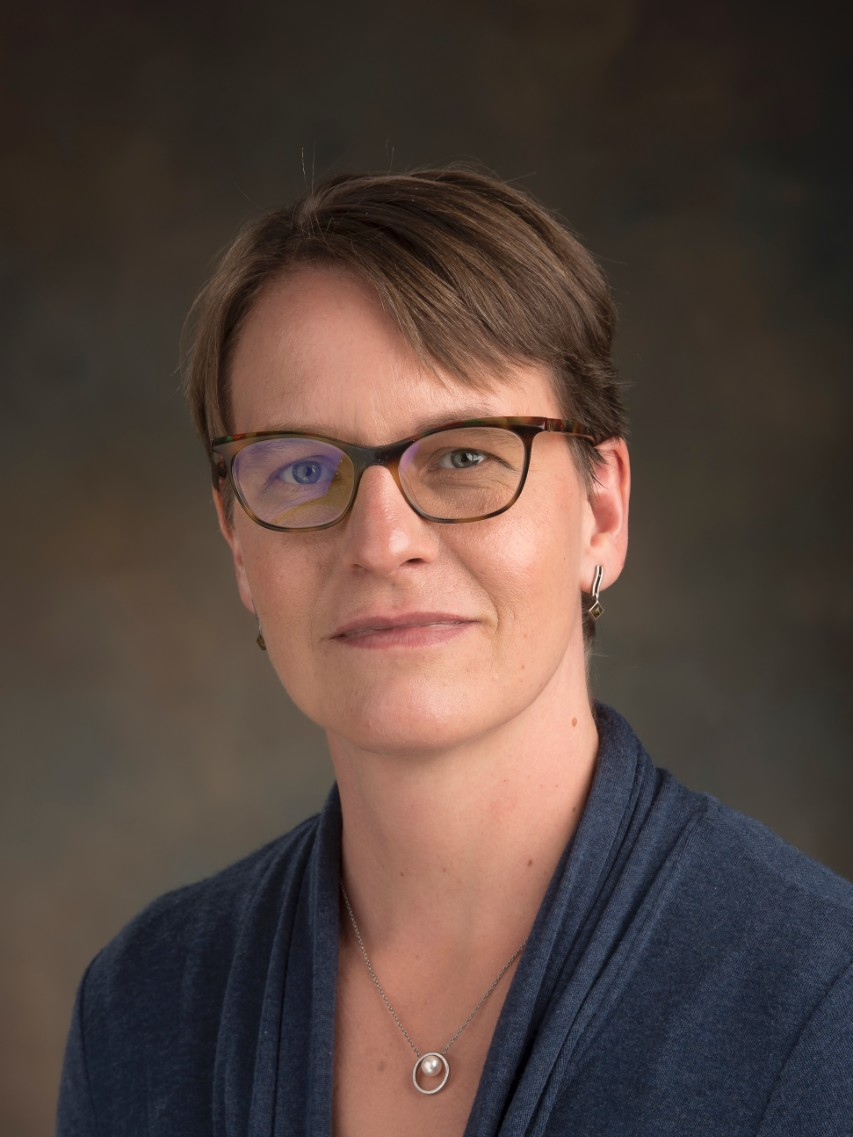- About
- People
- Undergraduate
- Graduate
- MA Programs
- PhD Programs
- Courses
- Graduate Studies Guide
- General Information
- MA in Sociology or Anthropology
- PhD in Sociology or Anthropology
- Committee Composition, Supervision and Choice of Topic
- Progress Reports
- Course Grade Appeals
- Graduate Student Offices, Computer Lab and Meeting Spaces
- Leaves and Withdrawals
- Applications for Program Extension
- Funding
- Graduate Student Association
- Current Graduate Students Biographies
- Forms
- Alumni Thesis Archive
- How to Apply
- Research
- News & Events

Sonja Luehrmann
Biography
Dr. Sonja Luehrmann received her PhD from the Program in Anthropology and History at the University of Michigan in 2009. Drawing on ethnographic and archival methods, her research engaged questions of human transformability: how people live their lives through shifting socioeconomic and political conditions, and how various religious and secular institutions appeal to the human capacity to change habits and convictions, while attempting to steer it in particular directions. Geographically, she was particularly interested in multi-ethnic and multi-religious areas such as Russia’s Volga region, where ideological transformations get bound up with changing perceptions of self and other. She published two books on Soviet atheism and its effects on post-Soviet religion and historical memory: Secularism Soviet Style: Teaching Atheism and Religion in a Volga Republic (Indiana, 2011) and Religion in Secular Archives: Soviet Atheism and Historical Knowledge (Oxford, 2015).
Dr. Luehrmann was working on a book about anti-abortion activism in the post-Soviet Russian Orthodox Church, where activists attempt to transform popular attitudes toward past and present reproductive decisions. Together with colleagues based in the United States, Russia, Germany, and Hungary, she completed a collaborative project investigating the relationship between sensory perception and ethical values in Orthodox Christian prayer.
Areas of Interest
Russia/Soviet Union; atheism and secularism; Orthodox Christianity; interreligious relations; pedagogy and technologies of ideological transmission; gender and the politics of reproduction; visual and archival methods; history of anthropology.
Select Publications
Books
- Praying with the Senses: Contemporary Orthodox Christian Spirituality in Practice, ed., (Indiana University Press, 2018)
- Religion in Secular Archives: Soviet Atheism and Historical Knowledge (New York: Oxford University Press, 2015)
Recipient of the Waldo Gifford Leland Award, Society of American Archivists, 2016 - Secularism Soviet Style: Teaching Atheism and Religion in a Volga Republic (Bloomington: Indiana University Press, fall 2011)
- Alutiiq Villages under Russian and U.S. Rule (Fairbanks: University of Alaska Press, 2008)
Peer-Review Articles & Book Chapters
- 2019. “Everything New That Life Gives Birth To”: Family Values and Kinship Practices Among Russian Orthodox Anti-Abortion Activists. Signs: Journal of Women in Culture and Society 44(3): 771-795.
- 2016. From God-Fighters to Atheists: Late Soviet Kinship and Tradition as an Expanding Universe of Unbelief. Annual Review of the Sociology of Religion 7: 180-200.
- 2015. Antagonistic Insights: Evolving Soviet Atheist Critiques of Religion and Why They Matter for Anthropology. Social Analysis 59(2): 98-113.
- 2013. The Magic of Others: Mari Witchcraft Reputations and Interethnic Relations in the Volga Region. Special issue on Witchcraft and Magic in Russia, edited by Valerie Kivelson. Russian History 40(3-4): 469-487.
- 2012. A Multireligious Region in an Atheist State: Unionwide Policies Meet Communal Distinctions in the Postwar Mari Republic. In State Secularism and Lived Religion in Soviet Russia and Ukraine, edited by Catherine Wanner. New York: Oxford University Press, 272-301.
- 2011. The Modernity of Manual Reproduction: Soviet Propaganda and the Creative Life of Ideology. Cultural Anthropology 26(3), 363-388.
- 2010. A Dual Struggle of Images on Russia’s Middle Volga: Icon Veneration in the Face of Protestant and Pagan Critique. In Eastern Christians in Anthropological Perspective, edited by Chris Hann and Hermann Goltz. Berkeley: University of California Press, 56-78.
- 2005. Recycling Cultural Construction: Desecularisation in Postsoviet Mari El. Religion, State & Society 33(1): 35-56.
- 2004. Mediated Marriage: Internet Matchmaking in Provincial Russia. Europe-Asia Studies 56(6): 857-875.
Awards & Funding
- EURIAS Junior Fellow, Helsinki Collegium for Advanced Studies, 2015/16
- Principal Investigator, "Sensory Spirituality: Prayer as Transformative Practice in Eastern Christianity," funded through the U.S. Social Science Research Council's initiative "New Directions in the Study of Prayer," 2012-14
- IREX International Advanced Research Opportunities fellowship for “Soviet Memory and Gendered Moral Agency in Russian Orthodox Anti-Abortion Activism,” 2012.
- Izaak Walton Killam Postdoctoral Fellowship, University of British Columbia, 2009-11.

